#studies
Crash Avoidance Systems Underwhelm in Latest IIHS Study
The Insurance Institute for Highway Safety (IIHS) announced it has updated its vehicle-to-vehicle front crash prevention test to account for higher speeds. Originally, the group was only running tests for things like automatic emergency braking below 25 mph. Now, it’s targeting higher speeds and obstacles of varying sizes. But the results aren’t any better. Out of the 10 small crossovers tested, only a single model garnered a good rating.
Consumer Reports Lists Least/Most Expensive Car Brands to Maintain
With the average vehicle now older than ever before and fewer people capable of spending the kind of money required to purchase a brand-new automobile, maintenance has become even more relevant. To that end, Consumer Reports has furnished an analysis on just how much each nameplate is likely to set you back in terms of upkeep over its lifespan.
Study Suggests Automakers Lose $6,000 On Each EV Sold
A new study is claiming that automakers lose an average of $6,000 for every $50,000 electric vehicle they sell. Boston Consulting Group, an American-based global management consulting firm that issued the report, said the figure accounts for customer tax credits — painting a rather bleak picture for the future of EVs.
What Kind of Cars Do Women Actually Want?
On International Women’s Day, the Kia EV9 was announced as the “Supreme Winner” of the Women's Worldwide Car of the Year (WWCOTY) 2024. However, saying that this is the vehicle women most desire — let alone are willing to spend money buying — is probably a stretch.
Study Claims EVs Will Not Save the Environment, All Cars Are Bad
A recent study published in the Journal of Transport Geography has alleged that “car harm” cannot be undone by the world pivoting to all-electric vehicles.
However, the paper doesn’t favor everyone running out to buy the largest diesel pickup they can afford. Instead, it adopts the same anti-driving nonsense we’ve seen from the Vision Zero Network and government regulators that have been caught up in its activism web. The issue, as framed in the study, isn’t that EVs still pose a problem. The complaint is that all vehicles are problematic and the paper recommends sweeping policy changes pertaining to how roads are managed to deal with the matter.
Report: Vehicle Supplies Are Climbing Back Up
Vehicle inventories are now approaching the highest levels seen since the summer of 2020. This is according to a report from Cox Automotive, which stated that the month of February opened with the industry seeing an average new vehicle supply of 80 days. However, the figure still doesn’t match the supply averages seen at the start of 2020.
Opinion: Stop Subsidizing Electric Vehicle Programs
Hoping to increase the United States’ electric vehicle charging infrastructure, the White House has announced $623 million in grants to build more charging stations. This plays into the Biden administration's goal of having 500,000 public chargers in the U.S., and see 50 percent of all new vehicle sales become electric, by 2030. However, the federal government has already poured billions into the cause and it’s looking like an incredible waste of money during a period where citizens are growing increasingly concerned about the economy.
Study: Johns Hopkins Says Shrinking Streets Could Improve Safety
A Johns Hopkins School of Public Health’s Bloomberg American Health Initiative study, published late last year, has suggested that narrow streets are safer than wider ones.
It sounds counterintuitive. But let us dig in to see how the report came together.
Study: Collision Avoidance Technology Continues to Struggle
New research from the Insurance Institute for Highway Safety (IIHS) is claiming that forward-collision warning and automatic emergency braking are less successful at identifying trucks and motorcycles. In a study that comprised more than 160,000 accidents, the IIHS asserted that these systems prevented accidents with regular passenger vehicles 53 percent of the time. However, motorcycles only benefited 41 percent of the time and trucks 38 percent.
Consumer Reports Says EVs Less Reliable Than Traditional Automobiles
Consumer Reports has concluded its annual car reliability survey and the resulting data for 2023 has not been kind to all-electric vehicles. For 2023, CR reported that EVs had 79 percent more problems than automobiles that use internal combustion. Plug-in hybrids were even worse with 146 percent more issues. However, standard hybrids actually outperformed every other group with 26 percent fewer problems than vehicles wholly reliant on gasoline.
Survey Breaks Down EV Preferences By Politics and Ethnicity
A recent opinion survey has attempted to break down the public interest in all-electric vehicles based on key demographics. While the results were largely predictable, there were some novel takeaways that could be of interest to automakers hoping to market the vehicles. The data also shows how trends may be shifting, with the prognosis being less than ideal for EVs.
Study: Catalytic Converter Thefts Are Slowly Declining
Catalytic converter theft has become a popular pastime for criminals looking to make a quick buck in the United States. Instances of stolen units have absolutely exploded in recent years, reaching a point where some law enforcement departments have gone out of their way to specifically target organized groups bent on stealing the devices.
State Farm is reporting that the situation is finally getting better in America. While technically true, theft rates remain staggeringly high across the country.
Report: Mercedes Having Tough Time Selling EVs
Like most government agencies, NGOs, and publicly traded companies, Mercedes-Benz has made a promise to be all-electric by 2030. The automaker intends to have every newly launched vehicle architecture be electric-only after 2024 and to gradually wean itself off combustion engines.
Unfortunately, the brand’s sales trajectory doesn’t appear to be cooperating. Despite seeing a surge of interest in its electrified EQ products initially, Mercedes has started having trouble moving EVs.
Best and Worst Drivers by City
With crash statistics having taken a turn for the worse in recent years, analysts have been pouring over the relevant data to determine why. Though the resulting statistics can tell a lot of different stories, including which U.S. cities tend to boast the best and worst drivers.
How Much Privacy Do You Really Have In Modern Vehicles?
Whenever the issue of vehicular privacy comes up, the discussion almost immediately pivots to individuals either defending or condemning the status quo. But this often happens without either side of the argument having a firm understanding of how much information is actually being obtained inside today’s automobiles.
While we’ve covered the topic frequently, articles have typically focused on specific issues rather than overall scope. But things are different this time, with the Mozilla Foundation recently issuing a study trying to assess just how far-reaching the automotive industry’s quest for data has become.



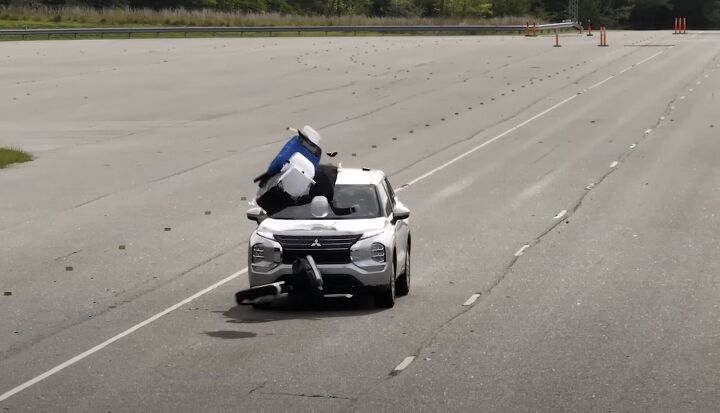
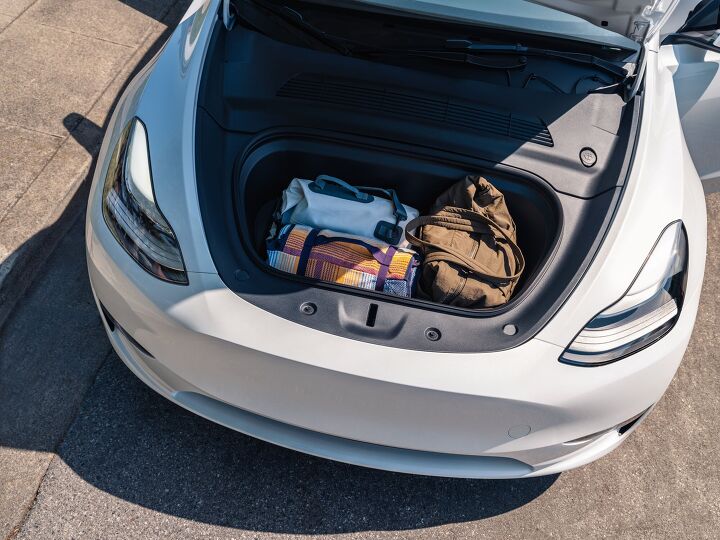
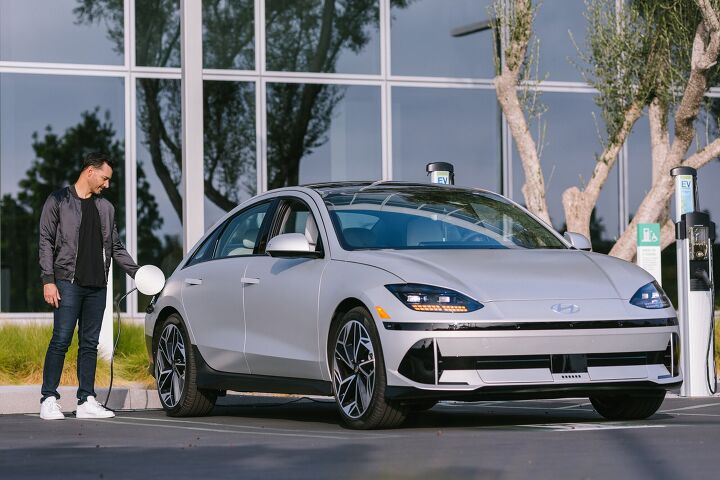
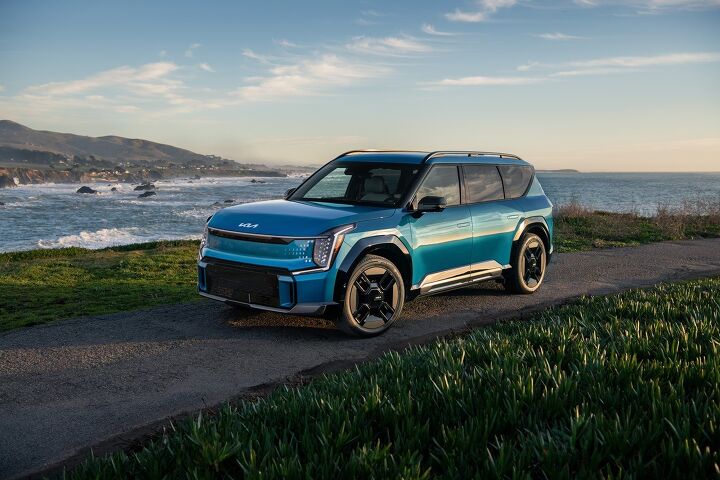


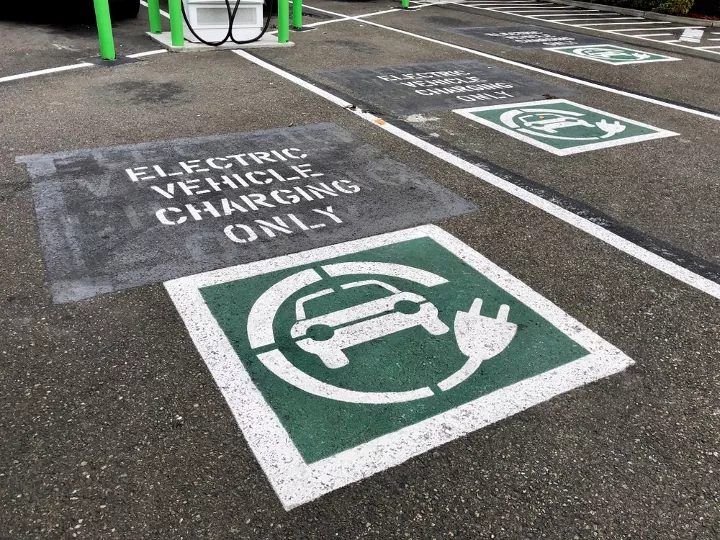

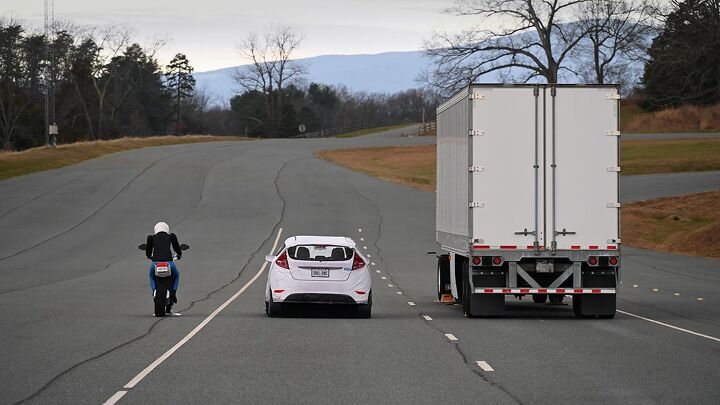
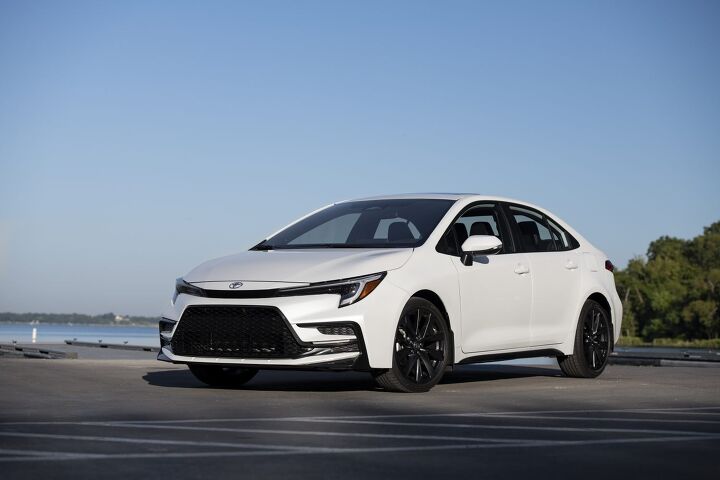


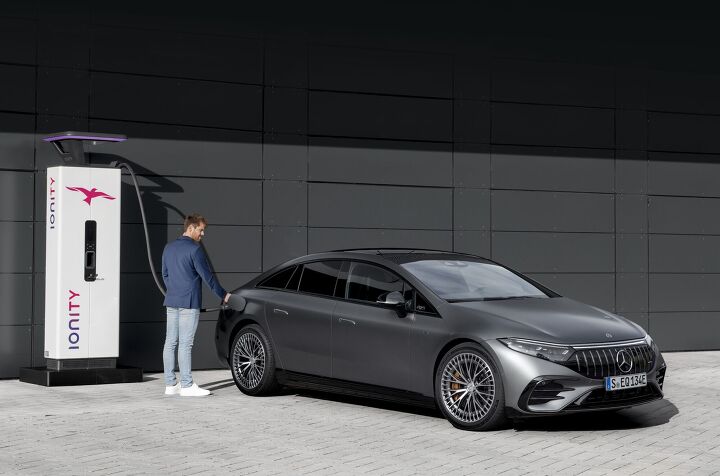














Recent Comments